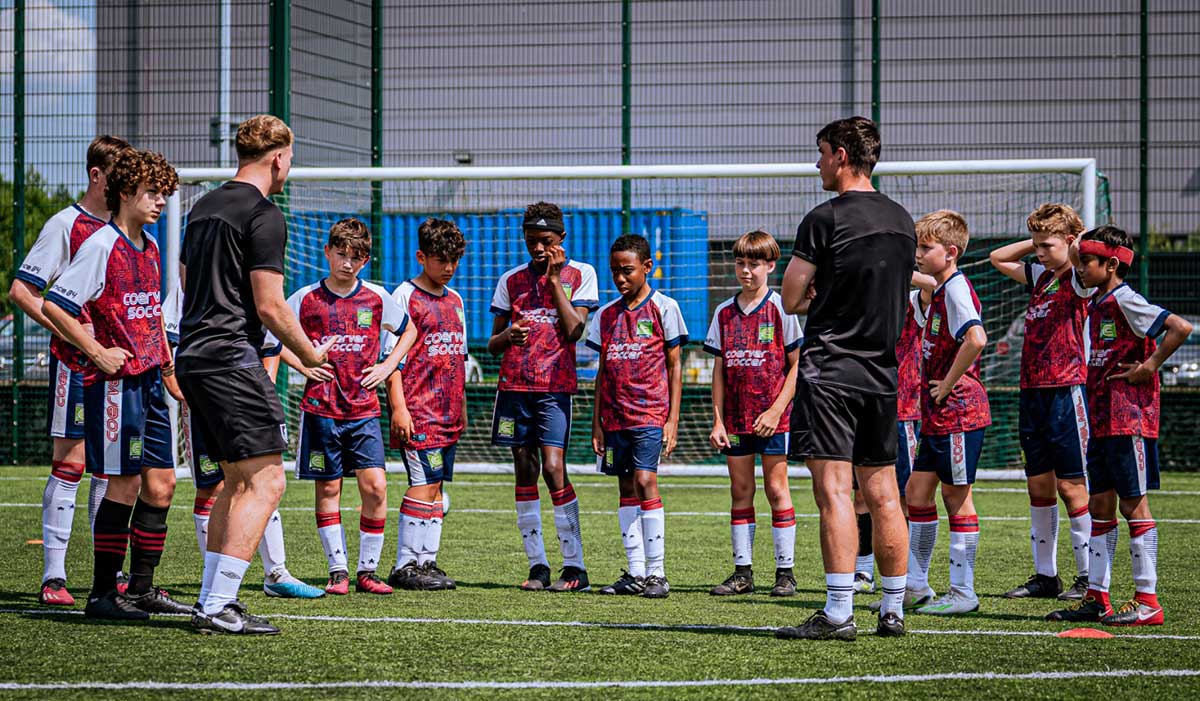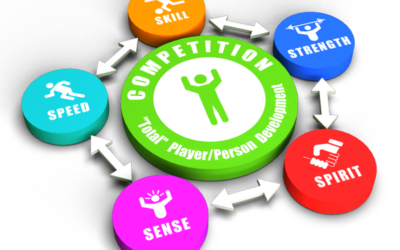Prioritize your Players’ “WHY” to Tryout
Step #1
Have your player identify “THEIR” goals/reasons to tryout for a new team. Here are some questions to consider:
- What they are looking for in a new team?
- Why do you want to change teams?
- What do you like about your current coach and what do you think could be better?
- What do you like about your current team and what do you think could be better?
- Once you have identified their goals, you can go back and see if the potential new team meets the goals and team traits.
Step #2
Parents identify “YOUR” reasons for your child trying out:
- Why is your child moving teams?
- Better Coaching? Better Team? Better League?
- Is this a vertical move or a horizontal move?
- More Playing Time?
- Development isn’t progressing?
- Team Commitment level?
**As parents we need to set reasonable expectations of our coaches and also know that every criticism we say about our child’s coach in front of them impacts the way our child treats their coach. Negative comments about their coach will only lead to your child to have negative thoughts about their coach.
Once you have your child’s goals and parent’s goals outlined, it will make it much easier in selecting a new team or choosing to remain with your old team because you will know what you are looking for during your tryout experience. Most importantly, remember that tryouts are a two-way street.
**FYI- If winning is your most important goal in selecting a new team, get ready to be disappointed.
Player Tryout Day Tips:
1. Tryouts are a two-way street
Evaluate the team/coaching staff/club as much as they are evaluating you.
Special Advice – You can now attend team training anytime. Or go watch the team during one of their games. Evaluate the team in a game setting. Questions to ask: What type of coaches are they? Positive or Negative? Do they let players play or do they joystick? What is the parent sideline like? How do the players on the field look, act and perform together and as individuals?
2. BE an IMPACT player, be brave and showcase your skill.
The worst thing that happens is you make a mistake or you don’t make the team…Don’t Worry! There are plenty of teams out there, so don’t stress about it! The greatest gift we can give our children is the gift of failure. Failure leads to success if your passion is REAL! The lessons learned from failure last a lifetime…DON’T BE AFRAID TO FAIL.
3. BE GREAT at what you can control
Effort, Work rate, Coachability, Competitiveness, Decision Making, Willingness to Defend & Attack, Communication and Leadership Skills, Technical Skills, Passing Combinations, Ability to control the ball and win balls out of the air. There is so much your players can control regarding their personal performance and that’s all that matters.
4. Help your child find the right level team for them
Does it really matter if you are on the First Team vs Second Team vs Third Team? The most important part is that you are on a team that you are challenged and not frustrated. Find a team that the training environment encourages your child to want to do the extra work to improve and to love the game!
5. Remember, the grass isn’t always greener
Just because Internet tools and ranking systems says the team is better, it doesn’t paint the entire picture and mean the team is better for your player and family. Make sure you evaluate the commitment level of the team and make sure you’re able to honor that commitment. Also, make sure that the team’s goals match up with your child’s and family’s goals.
Your players’ soccer experience should be enjoyable and it is worth it to do your homework. They say you will be most impacted by the closest 5 people around you. Beyond family, it’s going to be friends at sports and school so these are great opportunities to surround your player with high character people who you share common values with. Good luck!




